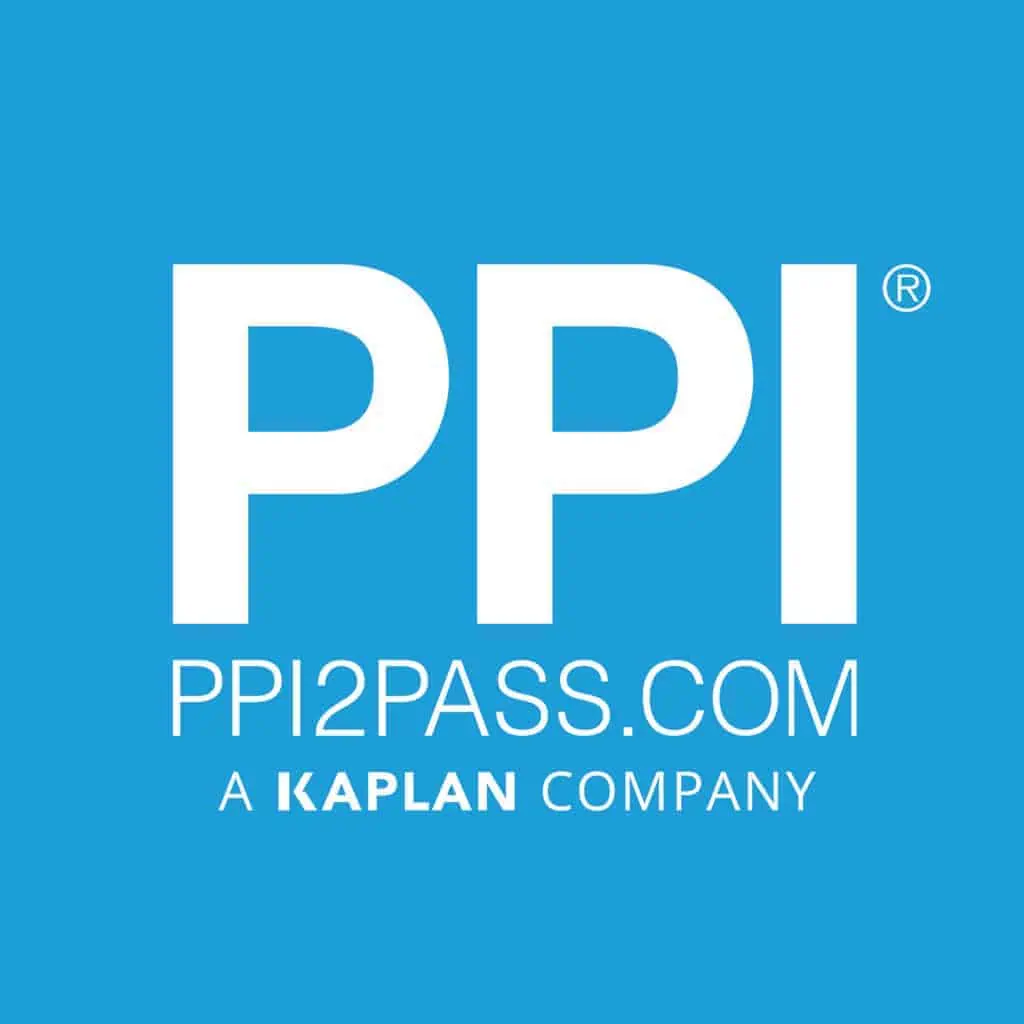In this article (and video above), I talk with Doug Shatto, PE, PTOE, the president and CEO of Lochmueller Group, about how the PE license can help someone in their career and how a consulting firm can promote and support professional growth in achieving the PE license.
Here Are Some of the Questions I Ask Doug:
- How has the professional engineering license benefited your professional growth throughout your career?
- How do you at Lochmueller Group promote and support your professionals in pursuing the PE License?
- How do incentives for getting a PE license motivate young professionals and impact their long-term career opportunities?
- Do you think promoting technical career paths and tying licensure to them is crucial in challenging the misconception that success is tied to managerial roles in our industry?
- Considering the long-term, how does having a license impact future opportunities, like consulting or career changes?
Here Are Some Key Points Discussed in This Episode:
[Read more…] about PE 095: The PE Advantage: A CEO’s Blueprint to Professional Growth
 has helped engineers achieve their licensing goals since 1975. Passing the FE and PE exams can open doors to career advancement and new opportunities. Check out PPI’s wide range of prep options, including Live Online courses, OnDemand courses, and digital study tools to help prepare you to pass your licensing exam
has helped engineers achieve their licensing goals since 1975. Passing the FE and PE exams can open doors to career advancement and new opportunities. Check out PPI’s wide range of prep options, including Live Online courses, OnDemand courses, and digital study tools to help prepare you to pass your licensing exam 
